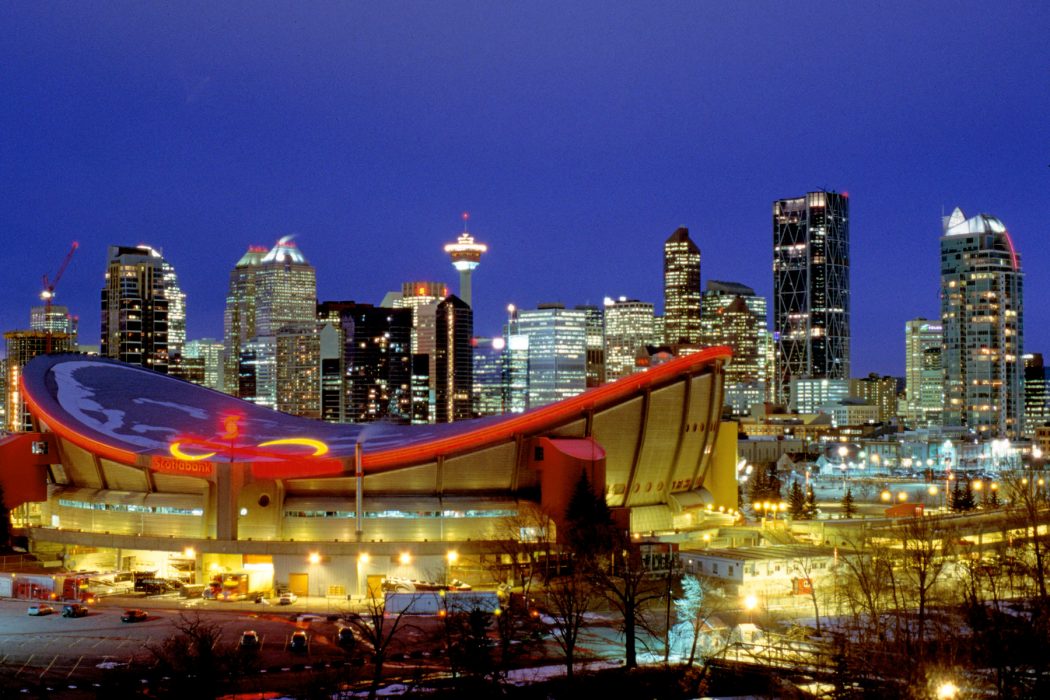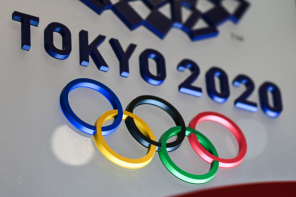“The Olympic Games just don’t make money,” proclaims Dr. Moshe Lander, a sports economist and professor at McGill and Concordia Universities. As Calgary gears up for a 2026 Winter Olympic bid, it may be wise for the city to forego mascots and opening ceremonies in favour of a more fiscally responsible route. To even be considered, the city estimates around $30 million will be spent on preparing a sturdy bid for the Games. The cost of hosting will total an additional $5.23 billion, $3 billion of which would be covered by the municipal, provincial and federal governments. To host in 2026, Calgary must compete against efforts from Stockholm, as well as Italy’s combined bid of Milan and Cortina d’Ampezzo. Nevertheless, the promise of an Olympic return evokes fond memories of the 1988 Winter Games, a seminal moment in the city’s history — for many, it was the 1988 Games that put Calgary on the map. Nostalgia and Olympic enthusiasm may leave many Calgarians excited to vote “yes” in November’s plebiscite, but before heading to the polls, they should consider the hidden costs of hosting the Games.
When explaining why Olympic hosts struggle to break-even, Lander explains that “If you attach almost every revenue dollar as an Olympic revenue, and remove almost every cost as being something that would have been done anyway, [only] then you can say that The Games are profitable.” In Calgary, costs for Olympic renovation and stadium reconstruction are described by Lander as processes that would be executed independently of the Olympics, as was the case with the Saddledome in 1983. On the revenue side, Olympic organizers often take tourism revenue that would be generated independent of the Olympics and attribute it to The Games themselves. With the misattribution of these figures comes overestimated revenues and underestimated costs, often characterizing the Olympic Games as a lucrative venture.
As Calgary gears up for a 2026 Winter Olympic bid, it may be wise for the city to forego mascots and opening ceremonies in favour of a more fiscally responsible route.
Lander continues by describing the macroeconomic phenomenon of “crowding out,” in which government spending leads to the stagnation of private enterprise, raising the question of what economic activity is going to be destroyed during the Olympics. Lander believes that if the Olympics do come back to Calgary, “[corporate offices] that would have generated activity [will] no longer [participate] during those two weeks,” in order to allow easier security access to Olympic events. This creates an unaccounted, yet significant, economic cost. In addition to economic “crowding out,” Lander discusses other drains of economic activity during the Olympics, from tourists who are unable to use Olympic recreational facilities during the events, to private housing companies who cut back on current contracts due to government subsidies for Olympic projects.
Regarding the creation of jobs by The Games, there is also a minimal net effect. Lander, who served as a senior economist for the Government of Alberta, states that “In terms of new, incremental benefits that never existed before and can be completely and entirely attributed to the Olympics, it’s a very small figure.”
With the local vote approaching fast, Calgary’s decision to host The Games may rest in the hands of the citizens. Before casting a vote or simply supporting a bid, the entire picture of the potential economic destruction hosting The Games can cause must be analyzed. “All of this incremental economic damage that’s being done during The Games is part of the legacy of the Olympics,” says Lander, who urges the citizens of Calgary to vote “no” on November 13.








